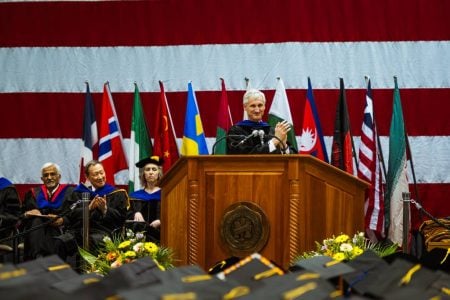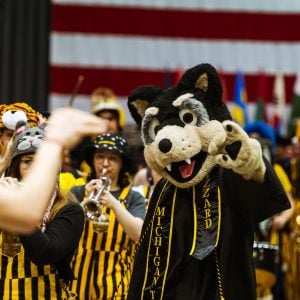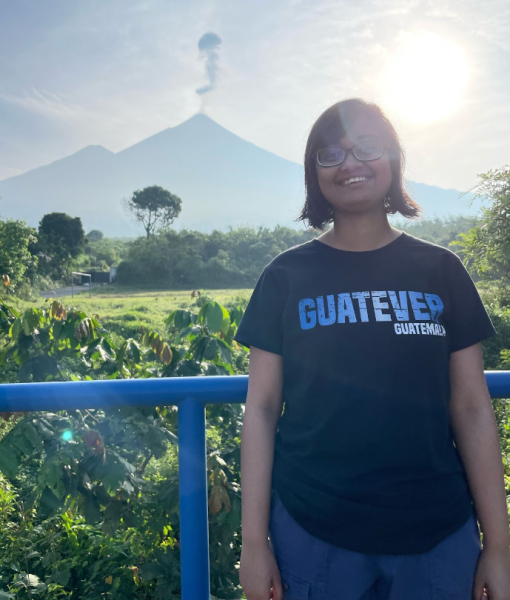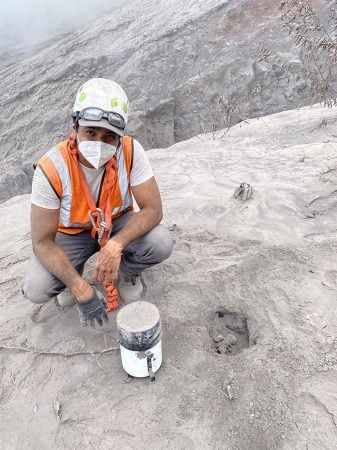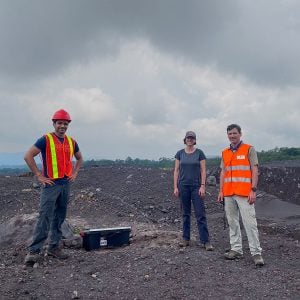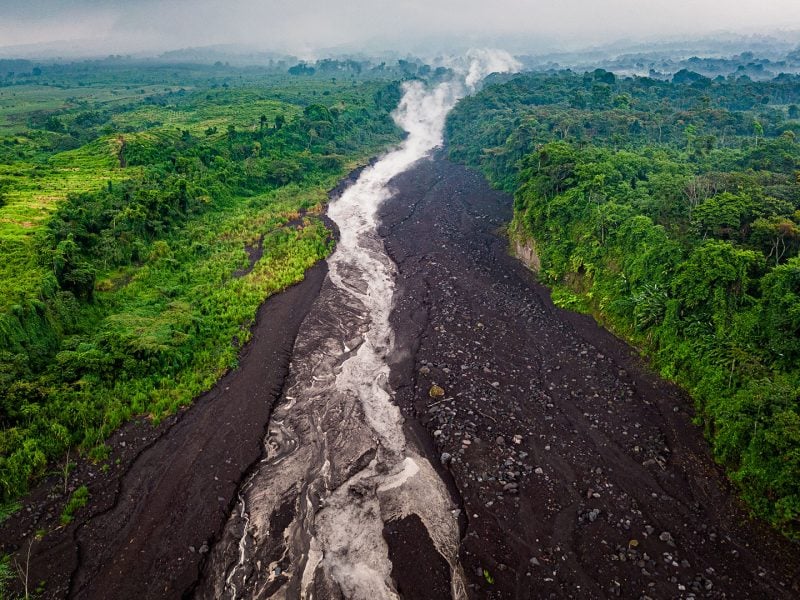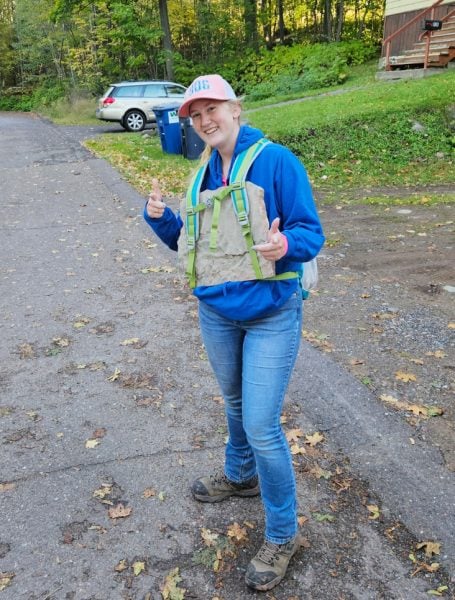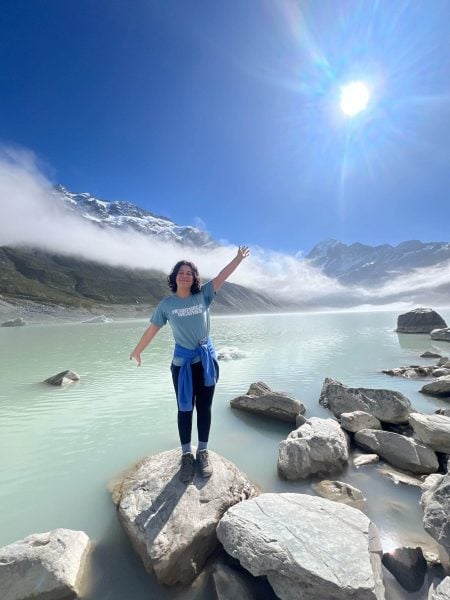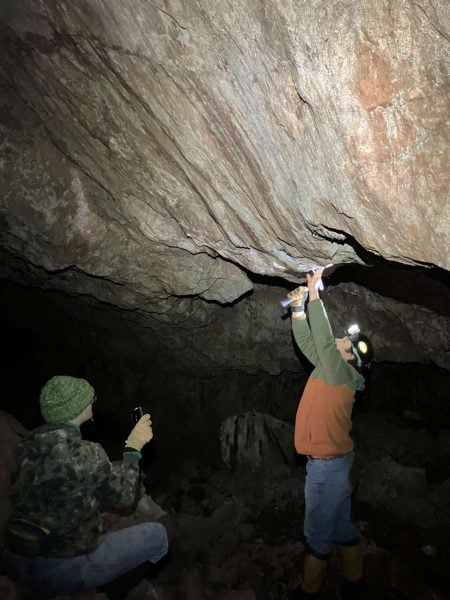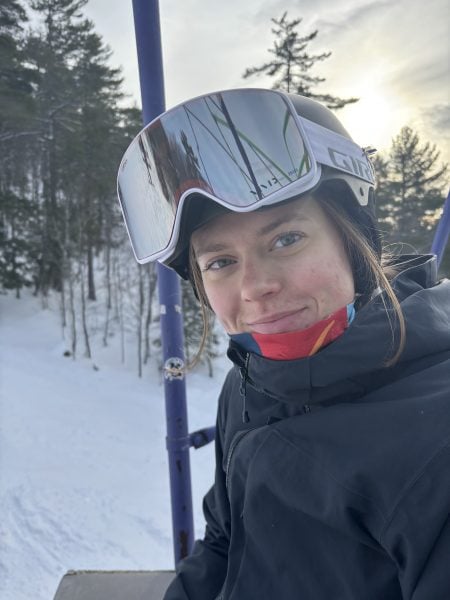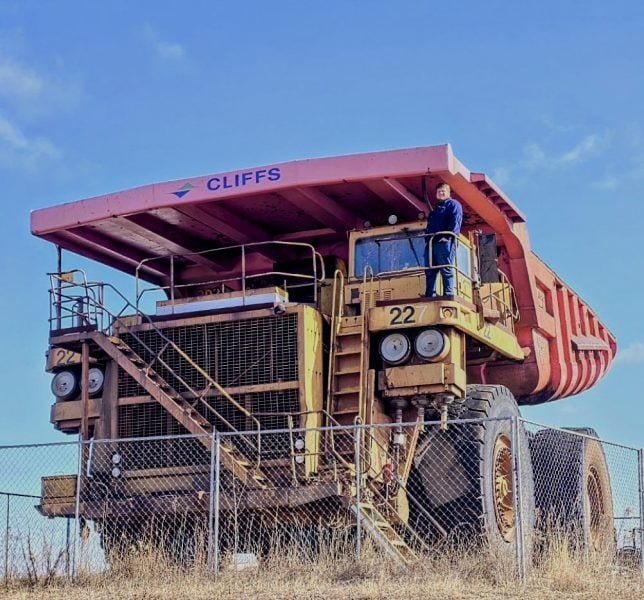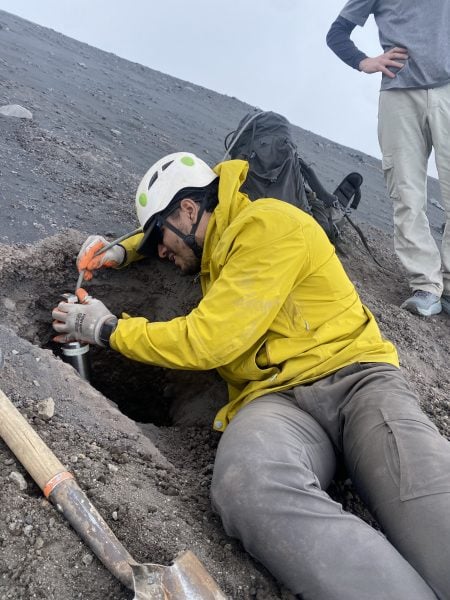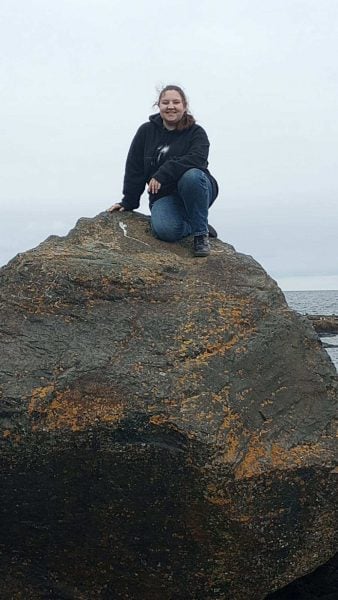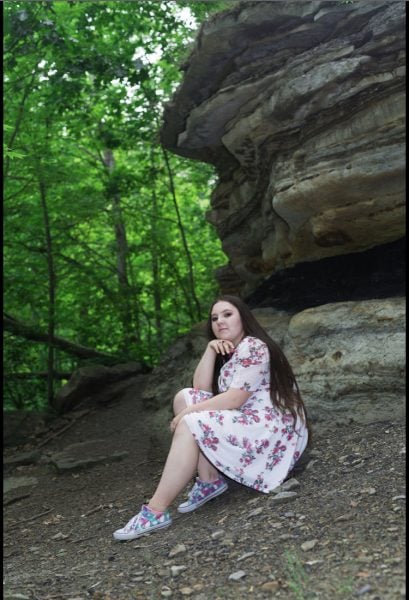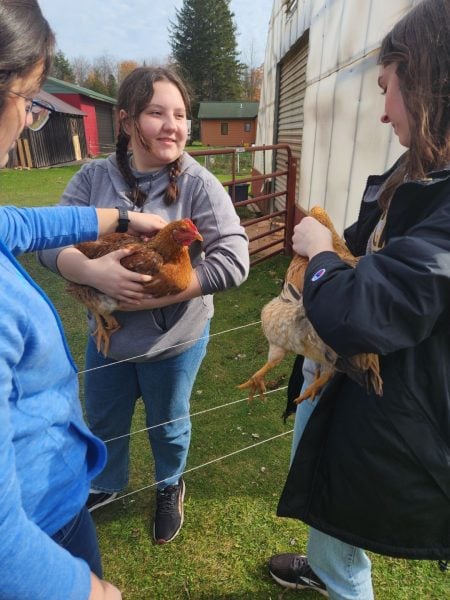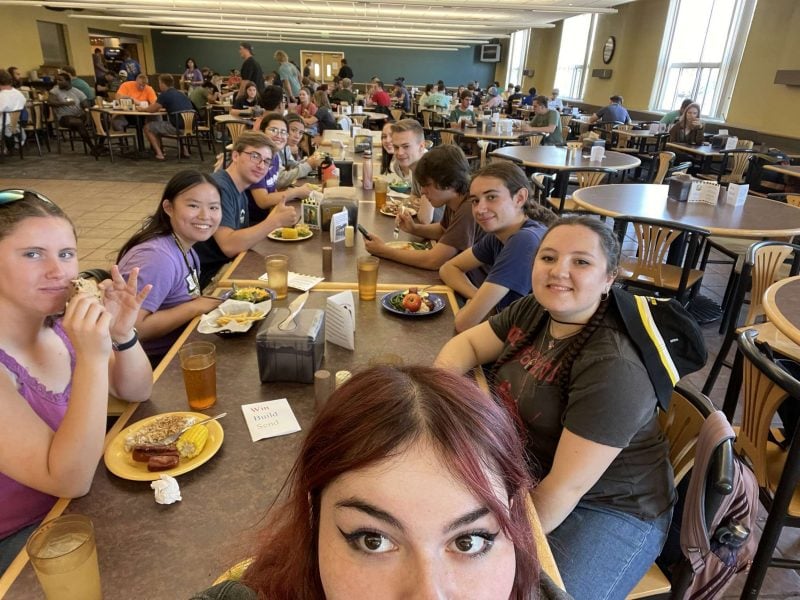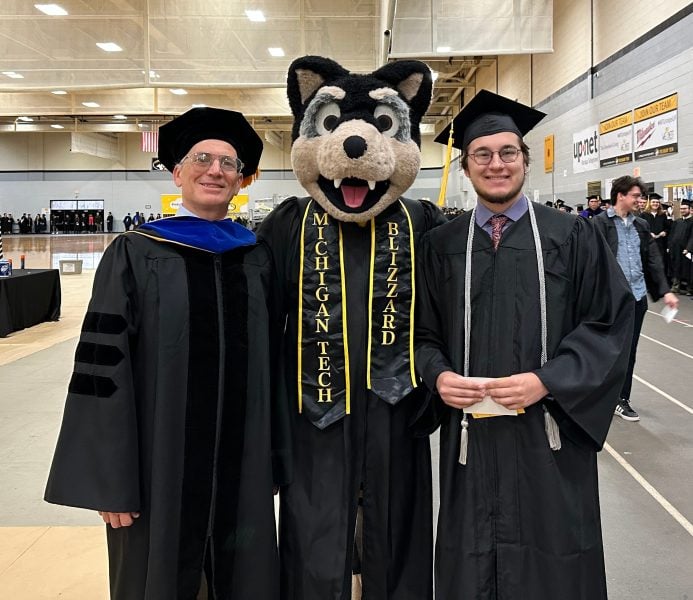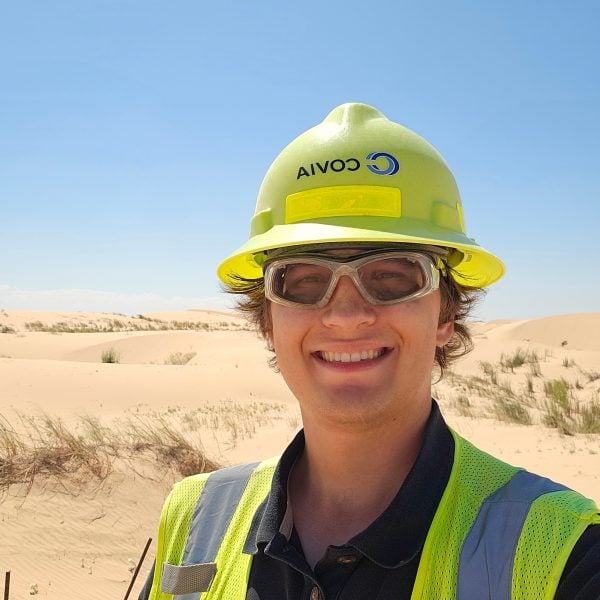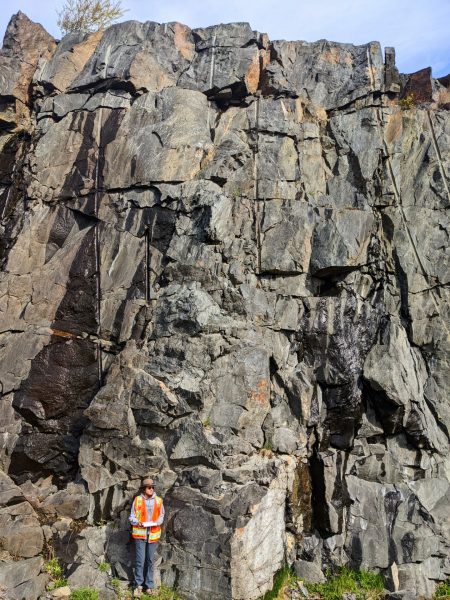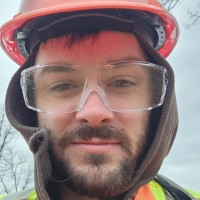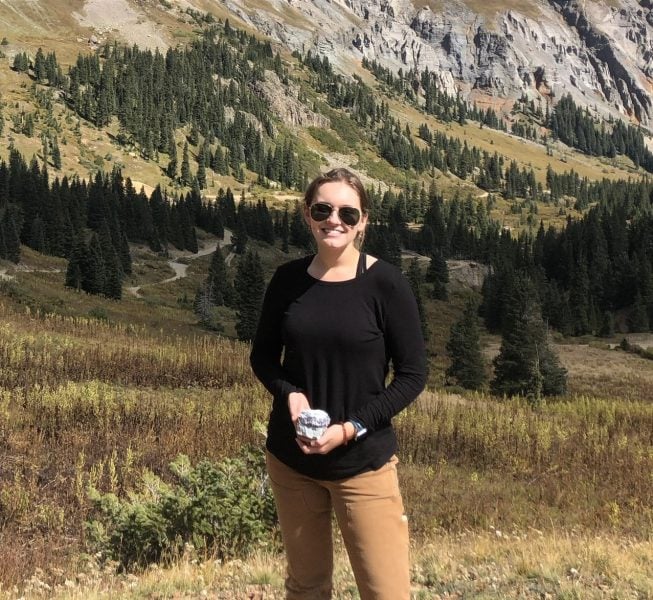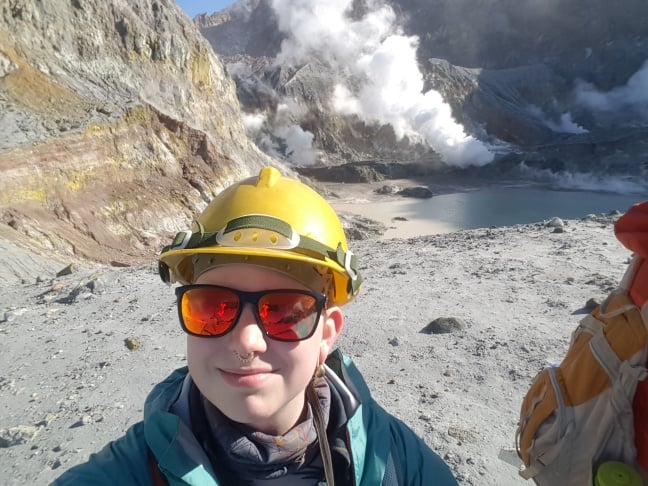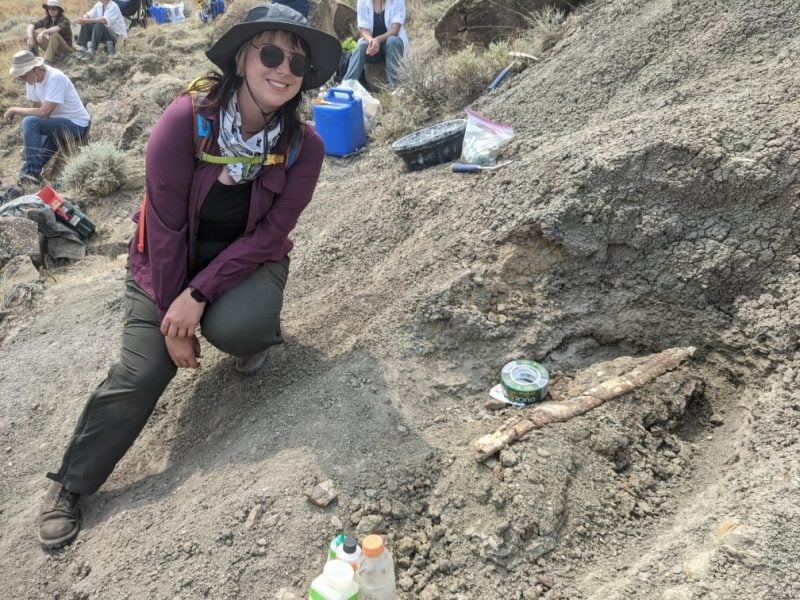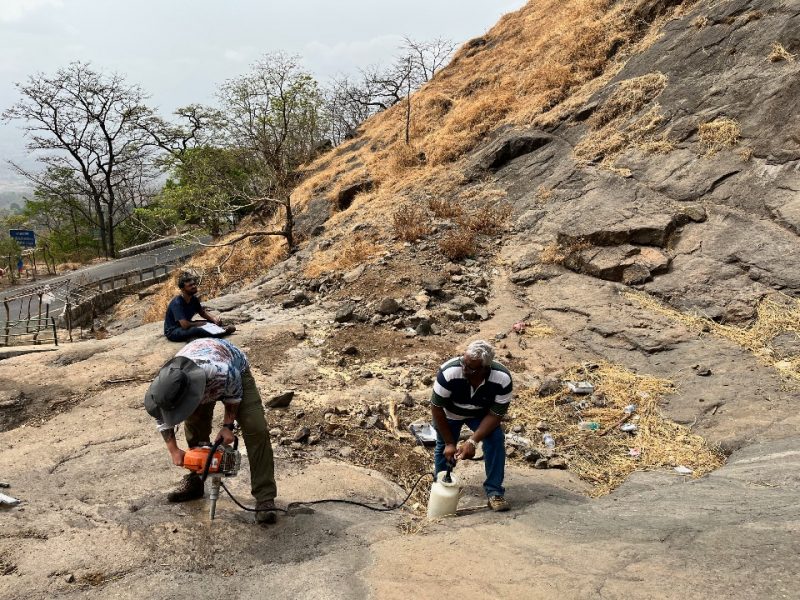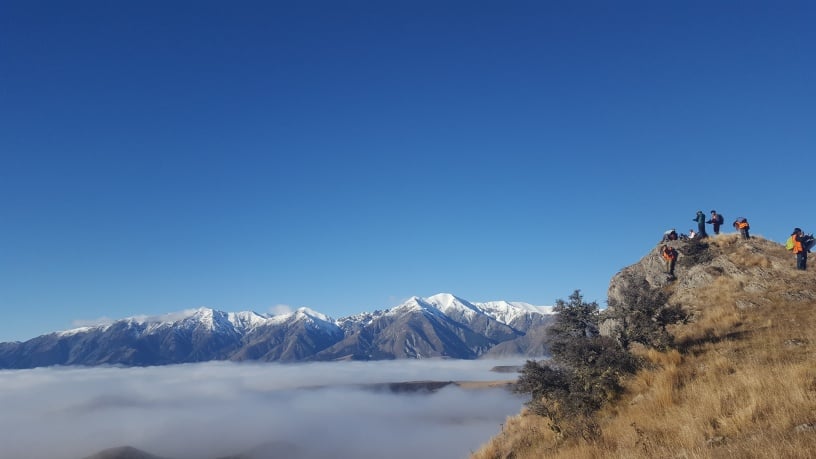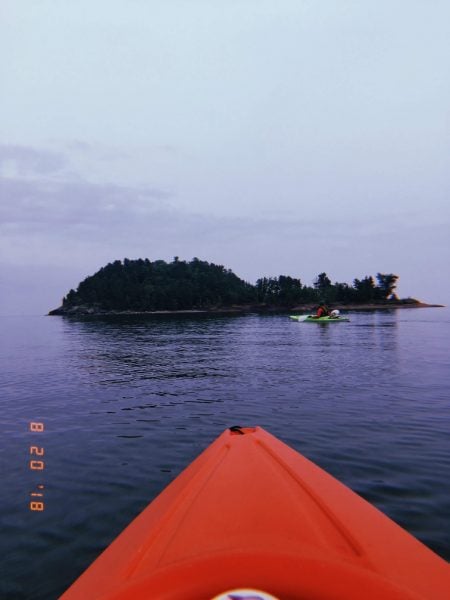Celebrating Our Fall 2025 MS & PhD Graduates
GMES is proud to announce and celebrate the accomplishments of our Fall 2025 graduates. These dedicated students have conducted research, completed rigorous coursework, and made meaningful contributions to our academic community. Their hard work and perseverance have prepared them to take the next step as professionals and researchers in the fields of geosciences, mining, and engineering. Please join us in congratulating the following graduate students:
Sananda Ray, PhD, Geophysics
Rolla Asiedu, MS Geology
Elijah Dosapati, MS Mining Engineering
Seth Farmer, MS Geology
Kudakwashe (Kuda) T. Mutanga, MS Mining Engineering
Akintunde (Stephen) Samakinde, MS Geological Engineering
We are incredibly proud of each of these graduates and look forward to seeing the impact they will make in their careers and beyond. Congratulations to the graduate student class of 2025!
Congratulations to Our Fall 2025 Bachelor of Science Graduates!
GMES is proud to celebrate the achievements of our Fall 2025 Bachelor of Science graduates—students who have built the skills and knowledge to become the next generation of geoscientists and engineers. Please join us in congratulating:
Matthew Keebaugh, BS Mining Engineering
Luke Mariuzza, BS Geological Engineering
Carl Rich, BS Geology
Kiera Watson, BS Geology
Honoring our award and scholarship recipients:
Graduate Certificate in Geoinformatics
- Kudakwashe (Kuda) T. Mutanga
Outstanding Scholarship Award
Outstanding Teaching Assistant Award
Finishing Fellowship Recipients
- Gabriel Ahrendt, Ph.D. in Geophysics
- Xinzhu (Sabrina) Li, Ph.D. in Atmospheric Sciences
